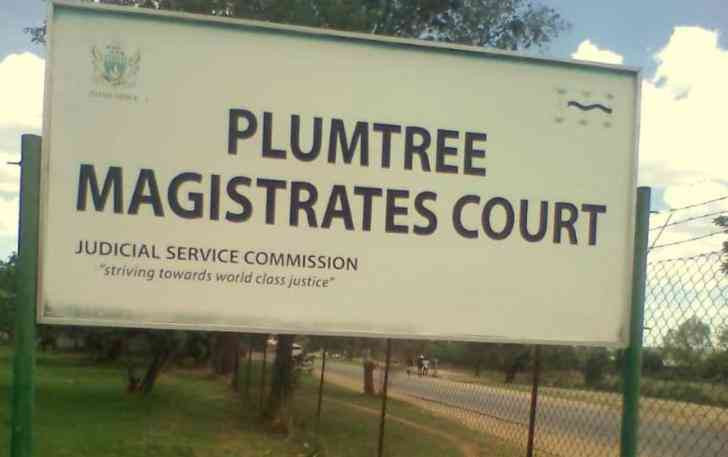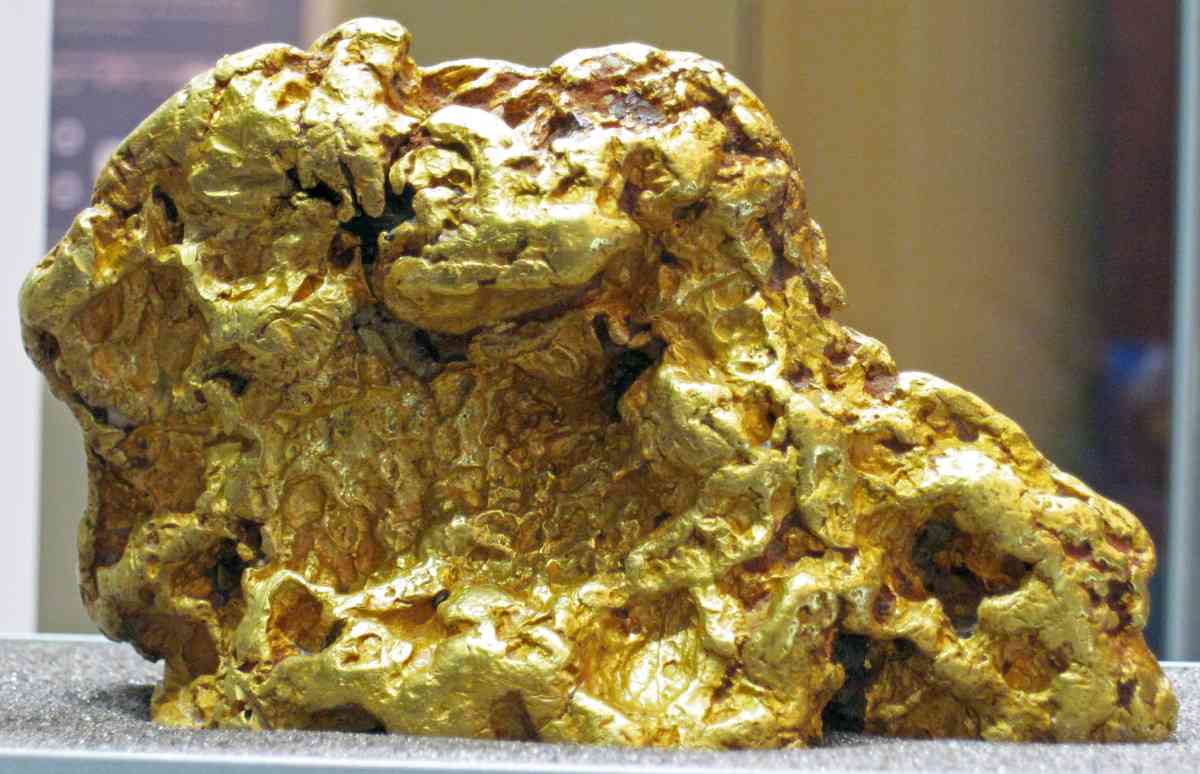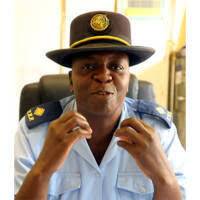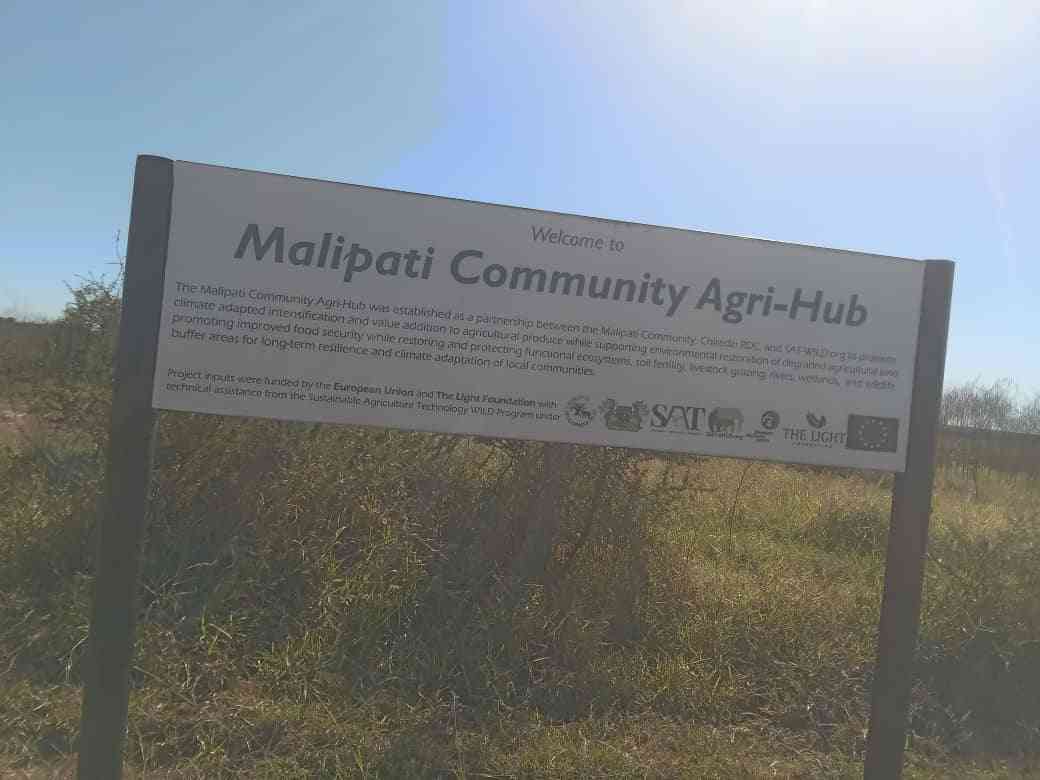APRIL 18, 1980.
Rufaro Stadium, in the heart of Harare’s oldest high-density suburb of Mbare, is jam-packed with just enough space for one to stand. It is Zimbabwe’s Independence Day and the noise of a cheering massive crowd is so deafening that the excitement is so palatable and intoxicating.
Outside the stadium and beyond into all corners of the country the same joyous mood is hypnotic.
Zimbabwe’s independence came after a protracted bloody 10-year-old civil war and the joy of self-rule was so spellbinding that nobody even imagined in their wildest dreams that just two or so years into future the once happy Zimbabweans who had united to celebrate freedom from colonialism would be at each other’s throats.
Internal strife in the form of civil unrest that degenerated into the infamous Gukurahundi massacres in Matabeleland and Midlands provinces effectively snuffed out the joy and sense of unity in the country.
However, like a progressive people eager to prosper, the nation was called to unite once more on December 22, 1987 when the two leaders behind the 1970s guerilla war for Zimbabwe’s liberation shook hands and seemingly buried the hatchet.
Keep Reading
- Chamisa under fire over US$120K donation
- Mavhunga puts DeMbare into Chibuku quarterfinals
- Pension funds bet on Cabora Bassa oilfields
- Councils defy govt fire tender directive
One would have thought that the gesture between the late protagonists Robert Gabriel Mugabe and Joshua Mqabuko Nkomo would have united us to this very day. But no, there is a very thin veneer of false unity among us and oftentimes when emotions run high the disunity sticks out like a sore thumb.
Recently Speaker of Parliament Jacob Mudenda appealed for closure to the Gukurahundi issue and now a Matabeleland chief, albeit dethroned by the government, says Mugabe and Nkomo’s Unity Accord has long been dead.
“The Unity Accord was broken by Zanu PF. Zanu PF kept the name Zanu PF and removed Zapu from positions within the government of the day. The current President Emmerson Mnangagwa had refused to give Zapu the Vice-President position, an act that speaks volumes that, indeed, the Unity Accord is dead,” is an observation by Ntabazinduna Chief Nhlanhlayamangwe Ndiweni.
It disheartens to imagine how many more people share that view out there.
Has this not been Zimbabwe’s Achilles’ Heel to true unity and tangible progress to prosperity?
People of Matabeleland and the Midlands have never really felt like a part of Zimbabwe and even the government’s trending mantra “Leaving no one and place behind” is telling that, indeed, we have been leaving under a false sense of unity because there are other people who are not part of the nation’s drive for prosperity.
If those leading the “Leaving no one and place behind” crusade are serious about making any meaningful progress, then they have to physically demonstrate this unity by heeding to the loud chorus coming from Zimbabwe’s hinterland.
It is now 42 years after we thought we were united for prosperity of the country. We are actually living under an illusion. The idea of unity is never forced on people, but should exude from the people themselves when they feel they belong to something. Roping a few people from Matabeleland into leadership position in the ruling Zanu PF party and government is far from creating the sense of unity that harmonises a people to behave as one. And worse, not appointing anyone into key positions, such as the Vice-Presidency, that are supposed to display that unity only serves to rip apart that false veneer of unity.
We, therefore, pray for a leadership that is alive to these issues. We pray for a leadership which does not plug its ears and bury its head in the sand and think everything is alright. We pray for a leadership that quickly wakes up and acts on such fundamental issues that have derailed our prosperity. We, indeed, pray for a leadership that seeks to unite us each day they wake up.





